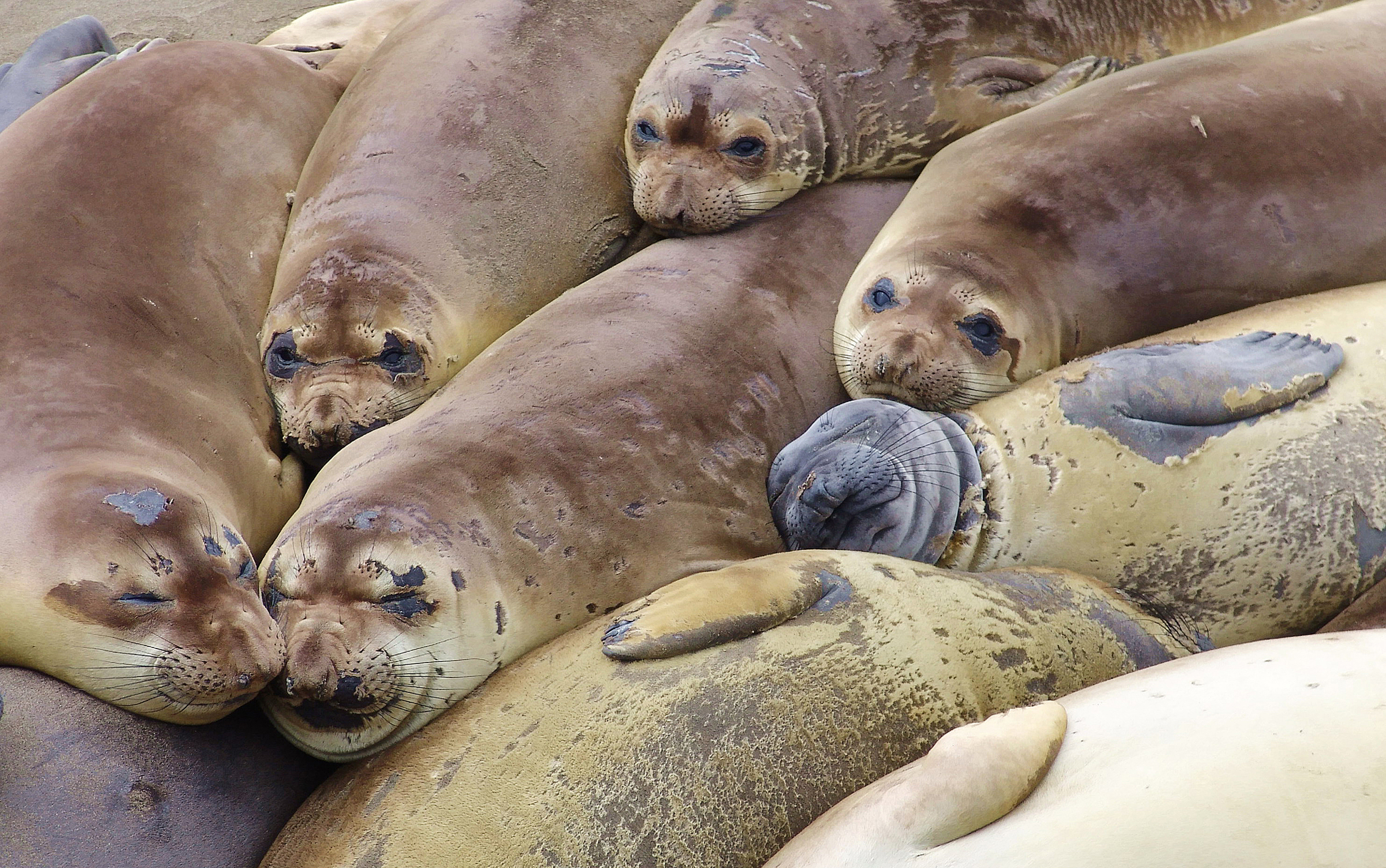News release
From:
Extreme polygyny results in intersex differences in age-dependent survival of a highly dimorphic marine mammal
Royal Society Open Science
Southern elephant seals are highly polygamous marine mammals. The species is known for the extreme size difference between dominant males, who reach nearly four times the size of adult females. This study illustrated the differences between survival rates of male and female seals as they aged. Male survival rates were consistently lower until eight years of age. After that, male survival decreased rapidly while female survival remained constant. This difference may be due to the different energetic requirements of adults. Overall, this research highlights how sex-specific survival rates in southern elephant seals are shaped by ecological interactions and evolutionary specialisation.



 Australia; TAS
Australia; TAS



